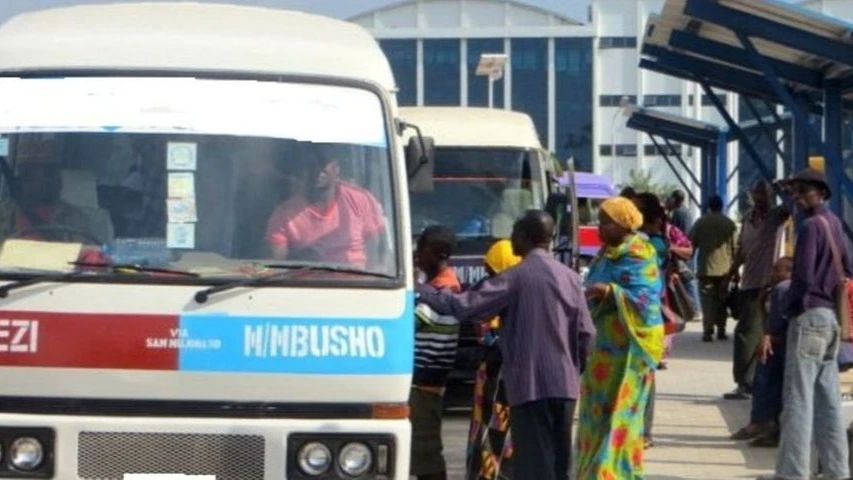Enhancing water supply is not equal to ‘sparing women chains of unpaid work’

Economic and Social Research Foundation (ESRF) experts working with a number of other organisations active on the ground are understood to have embarked on an initiative meant to isolate women from the chains of unpaid work.
The whole idea of paid domestic work for a woman actually caring for her family confuses a range of analysts, as it even intimates that it is faulty.
It is not hard to see where such sentiments lead, as it is evident that it fosters childless marriages, for which there may be inklings of improper links.
Be that as it may, ‘scaling up innovations for reducing and redistributing women and girls unpaid care work in rural Tanzania’ is aimed at supporting water availability to rescue women from spending too much time searching for water instead of using time on income-generating activities.
The point could be simplified to read that if water is available close to households, women can diversify their routine work to include some trading or other preoccupations of various sorts.
Seeking water from distant places is a problem both for their health and for their rights as members of society seemingly neglected.
The key aspect is scaling up rainwater harvesting technology to enable households to stock sufficient amounts of the precious liquid in a regular manner, vastly easing the lot of women.
That is a positive idea worth underscoring, without framing it in ways that treat household work for women in families as oppressive, something unpaid and therefore hurts them.
In fact, it amounts to treating the family as a man’s exclusive domain and so a woman taking care of the place merits pay for that.
These are the kind of contentions national leaders and their religious allies keep cautioning about with respect to the absorbing of foreign values without much introspection.
Western NGOs have a good water supply plan for at least one district, Kishapu, in Shinyanga Region. This is said to be a pilot area in which to undertake research to measure the efficacy of the measures applied to uplift non-working women.
That they first need to detest what they are committed to doing at home for their families so that their income-generating activities are justified is not rational.
Thus, local activists need to pursue their often-difficult work to attract foreign development activists to good work like availability of water and starting income-generating activities for women if they have some time to spare at home.
But let such projects be formulated in ways that are consistent with family values, for which we don’t frankly have debates concerning their merits as in overly individualistic societies.
We don’t have to wait for social dislocation and immorality to start sounding the sense of urgency but we also must look critically at presumably well-meaning formulations that slowly but surely dismantle our family commitments and ethics – even religious values, for that matter.
Top Headlines
© 2024 IPPMEDIA.COM. ALL RIGHTS RESERVED

















